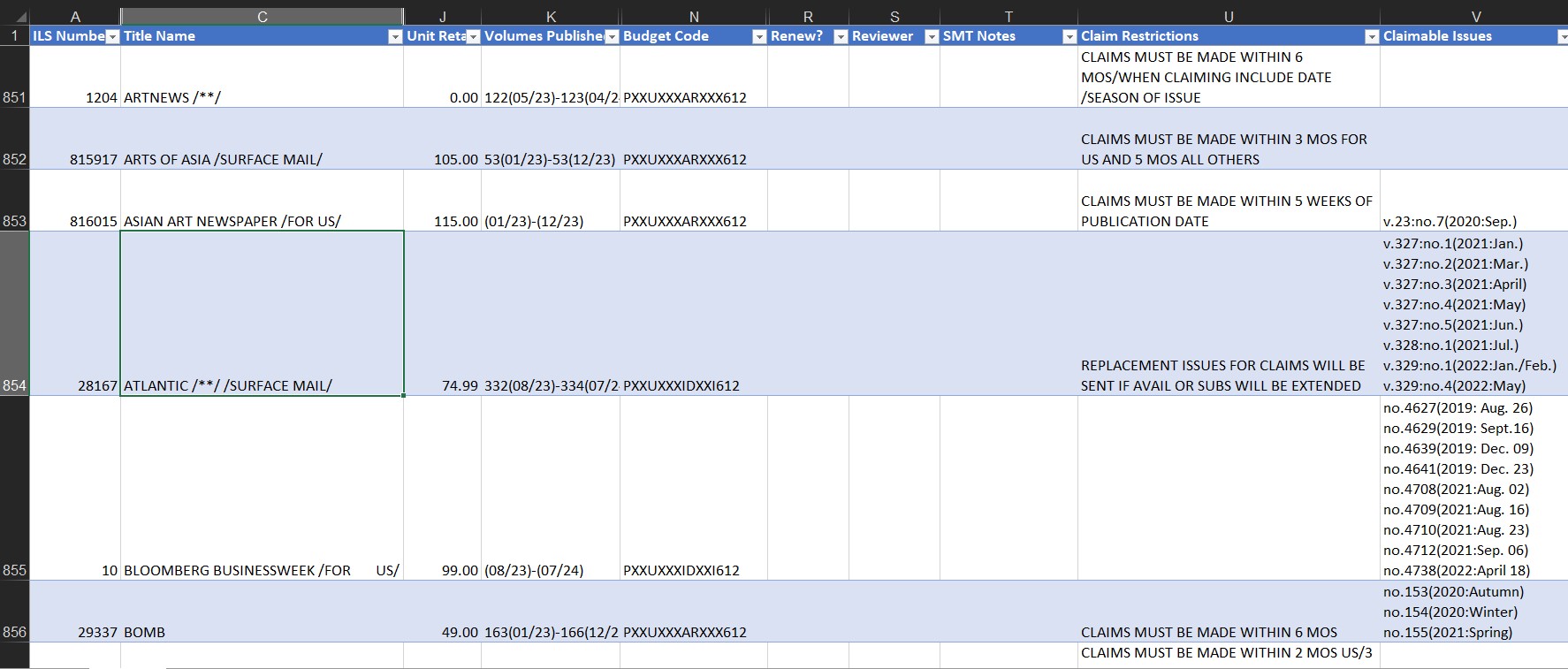Please join us next week to learn more about these positions and ask questions. We are offering an information session over Zoom where we will share more information about the university, our library, and these residency positions. No registration is needed – just click the link at the listed date and time. This is in Eastern Standard Time. Participants can login as anonymous, attendee names only seen by panelists.Thursday, April 6th at 3:00pm EDT at https://duke.zoom.us/j/95991230185
The Duke University Libraries (DUL) Residency Program will be a three–year program providing enhanced professional development and mentorship to enable two recent graduates of an MLS or related graduate program to gain experience and expertise in a highly specialized area of librarianship. As a member of the ACRL Diversity Alliance, DUL is launching the Residency Program as part of our organization’s commitment to “diversify and thereby enrich the profession” and “to build an inclusive organizational culture supportive of Black, Indigenous and People of color (BIPOC).” Two Residents will be hired in tandem to create a cohort experience every three years.
This program seeks to provide meaningful work placements in specialized fields of librarianship, aligning the professional goals of residents with the strategic goals of DUL. To this end, the residency program will guarantee professional development funding to Residents to fund travel, conference attendance, presentations, etc. related to skill building and their ongoing career trajectories. Additional professional development will also be offered to residents through both DUL and Duke–wide programming. Formal and informal mentorship opportunities will also be provided to Residents. While an offer for regular employment is not guaranteed after the three–year program, Residents will be placed intentionally with the goal of their positions becoming regular, ranked librarian positions if successful during their three–year terms. The pilot years of this program (FY 2023–2026) will begin with recruiting two librarians, a subject specialist in South and Southeast Asian studies and a resource description librarian with a focus on specialized language cataloging.
Resident Librarian for Resource Description
The Resident Librarian for Resource Description works collaboratively with the Original Cataloging Team and with other library colleagues to assist in the creation, management, and configuration of DUL metadata for description. The Resident Librarian will gain experience in applying international cataloging standards to resources in multiple formats and across all subjects in a way that promotes inclusive and effective access, with a focus on a language or languages from the following collecting areas— Middle Eastern (e.g., Arabic, Persian, Turkish), East Asian (Chinese, Korean), Central/South/Southeast Asian languages (e.g., Urdu, Hindi, Bengali, Sanskrit, Uzbek, Kazakh), or Slavic languages (e.g., Russian, Ukrainian). The resident will gain experience working collaboratively on projects and utilizing open–source tools that support better discovery of library resources.
View the job posting and apply: https://library.duke.edu/about/jobs/resourcedescriptionresidency
The Resident Librarian for Resource Description works collaboratively with the Original Cataloging Team and with other library colleagues to assist in the creation, management, and configuration of DUL metadata for description. The Resident Librarian will gain experience in applying international cataloging standards to resources in multiple formats and across all subjects in a way that promotes inclusive and effective access, with a focus on a language or languages from the following collecting areas— Middle Eastern (e.g., Arabic, Persian, Turkish), East Asian (Chinese, Korean), Central/South/Southeast Asian languages (e.g., Urdu, Hindi, Bengali, Sanskrit, Uzbek, Kazakh), or Slavic languages (e.g., Russian, Ukrainian). The resident will gain experience working collaboratively on projects and utilizing open–source tools that support better discovery of library resources.
View the job posting and apply: https://library.duke.edu/about/jobs/resourcedescriptionresidency
Resident Librarian for South and Southeast Asian Studies
The Resident Librarian for South and Southeast Asia serves as the primary liaison for faculty and users in the interdisciplinary fields of South and Southeast Asian Studies at Duke University. The Resident Librarian develops and manages the collections from and about South and Southeast Asia, and provides specialized reference assistance and instruction. The Resident will gain experience working collaboratively with library staff, students, and faculty through teaching, research consultations, outreach related to library collections, and other special projects.
View the job posting and apply: https://library.duke.edu/about/jobs/southsoutheastasiaresidency



